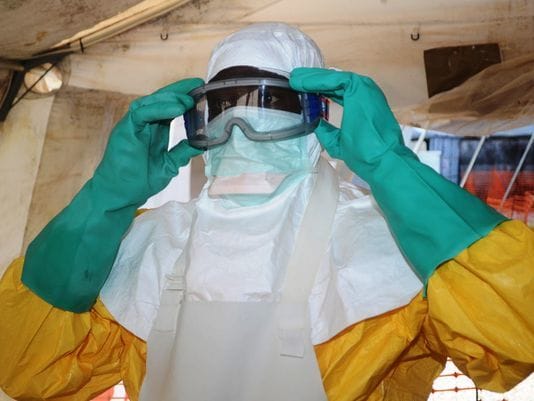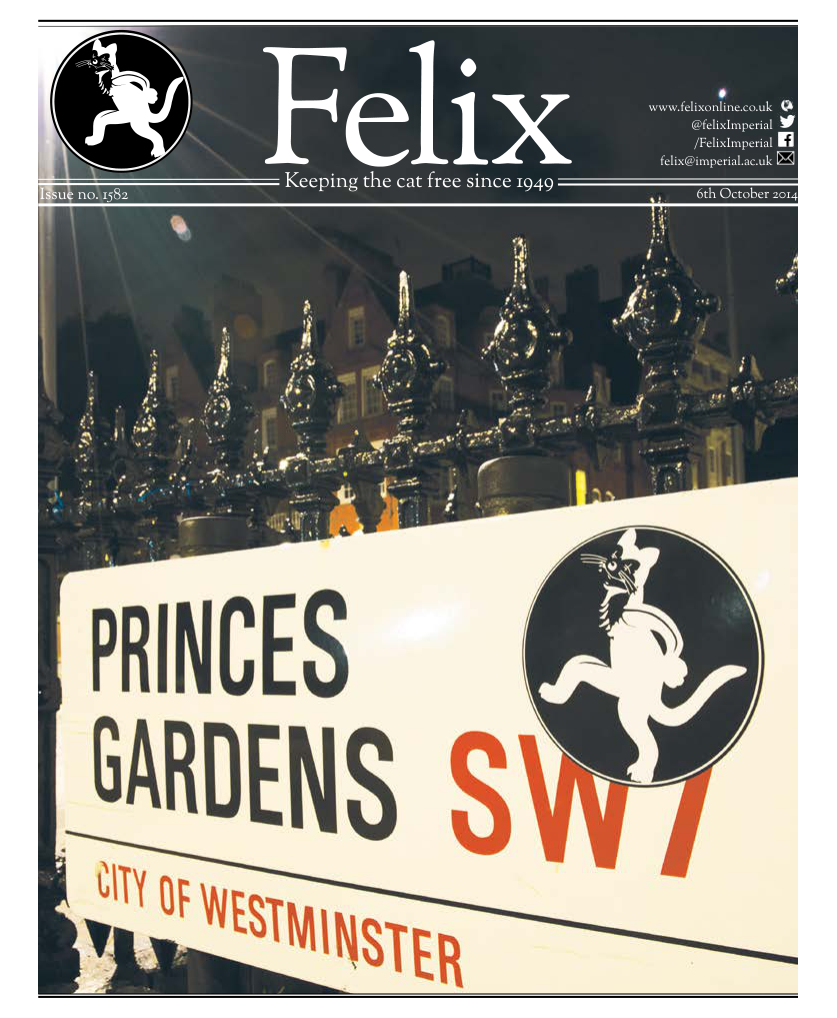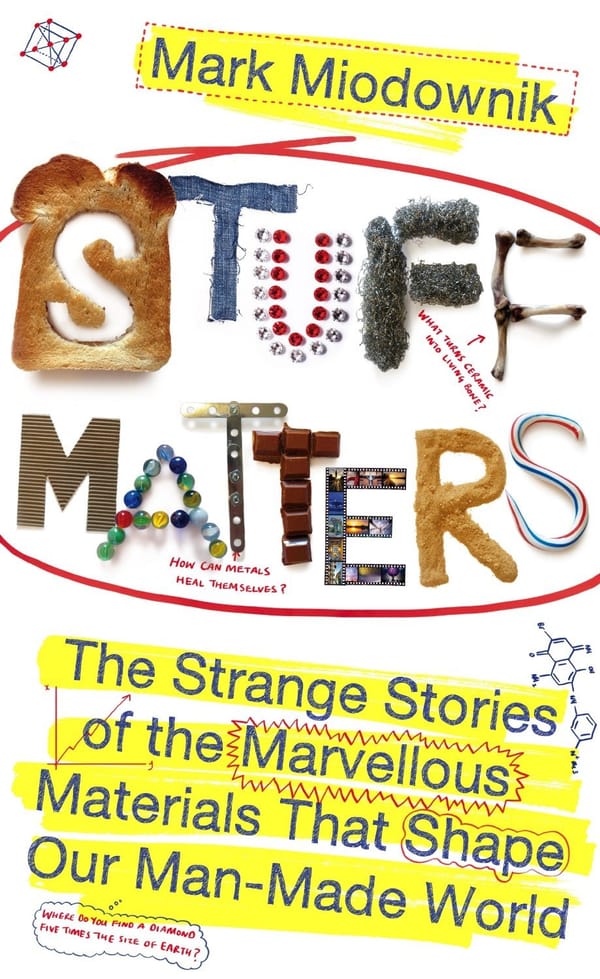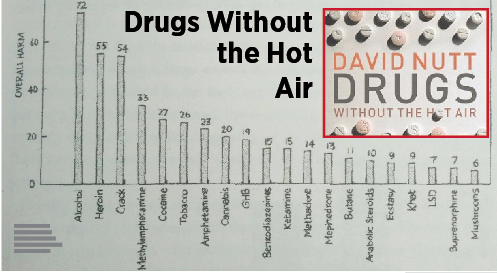Imperial professor to lead Ebola vaccine trial
Cécile Borkhataria on the race to develop a drug for the deadly disease

The current Ebola outbreak in West Africa, which began in March 2014, has afflicted Guinea, Sierra Leone, Liberia, Nigeria, and recently, Senegal.
The death toll has now surpassed 2800, with the total number of cases numbering 5864. The severity of this outbreak is unprecedented; the virus first surfaced in Congo in 1976, where only 318 cases were reported at the time.
The outbreak has spurred on a great deal of aid efforts from international health care organisations, with the likes of Medecins Sans Frontieres setting up temporary health centres in the afflicted countries to safely treat Ebola patients.
Currently, there is no known cure for Ebola. The virus, which exists in five strains, four of which can infect humans, is transmitted by exchange of bodily fluids, and it is thought that the practice of washing the dead in rural areas has contributed to the rapid spread of the disease.
Patients are usually given supportive treatment, including balancing fluids and electrolytes, as well as procoagulants to prevent bleeding, and antibiotics to treat secondary bacterial infections.
With the outbreak growing in severity, there has been a frenzy of efforts to develop a cure for the deadly disease. A number of pharmaceutical companies are developing vaccines for the virus, including promising candidates from Tekmira Pharmaceuticals, Canadian based NewLink Genetics and Inovio Pharmaceuticals.
The most advanced vaccine candidate is arguably produced by Glaxo Smith Kline (GSK) and consists of a T-cell based chimpanzee adenovirus. GSK’s vaccine is the first to have started human clinical trials and it has already been shown to protect against the virus in chimpanzees. The vaccine has been tested on humans in the US and the UK, with the next arm of trials set to take place in Mali and the Gambia.
The Wellcome Trust, the Medical Research Council and the UK Department for International Development has donated a £2.8 million grant towards the efforts, which has allowed a team led by Professor Adrian Hill, Oxford University, to test the vaccine in the UK, and will help towards testing the vaccine in the Gambia.
One of our very own, Professor Beate Kampmann from the Department of Paediatrics at Imperial College London, is set to run the Gambia arm of the trial. She is an expert in infection and immunity topics and has already had extensive experience running vaccination trials in the Gambia for polio, meningitis and other diseases.
Said Professor Kampmann on the trial, ‘The big advantage of fast-tracking such an important development is that the funding becomes available more readily.”
The trial will recruit 40 healthy volunteers in the Gambia. Professor Kampmann has said that testing the vaccine in West Africa is vital, as this will take into account differences between West African and European populations with respect to the safety and efficacy of the vaccine.
Professor Kampmann envisages that the Gambia trials will start in October, once her team has received regulatory approval. It is hoped that all trials can be finished by the end of this year. This ambitious timeline will depend on many factors, but some comfort can be taken in knowing that research efforts are well underway. Only time will tell if GSK’s promising vaccine will win the race in developing an Ebola vaccine.








